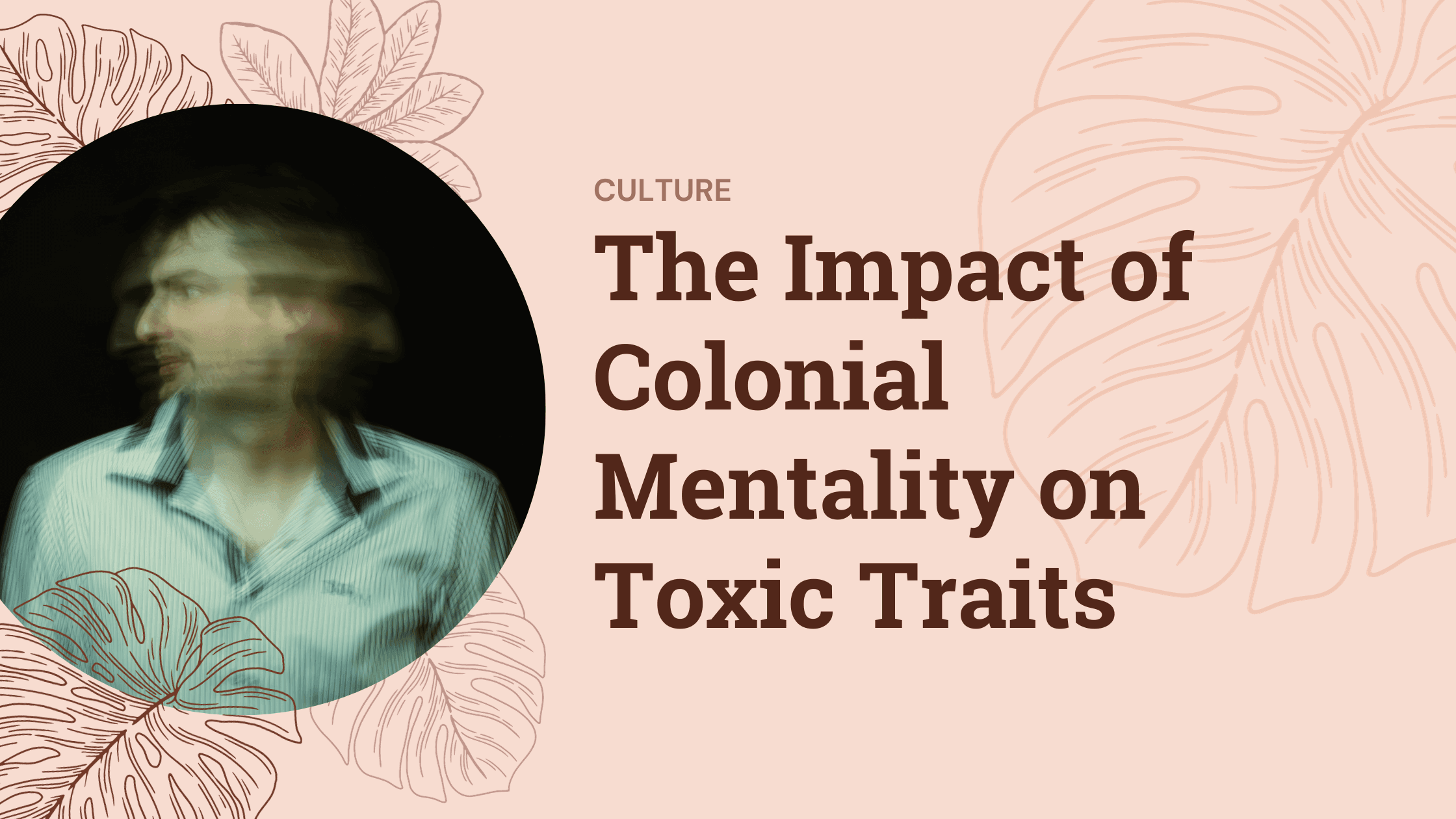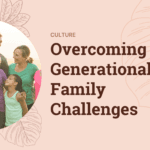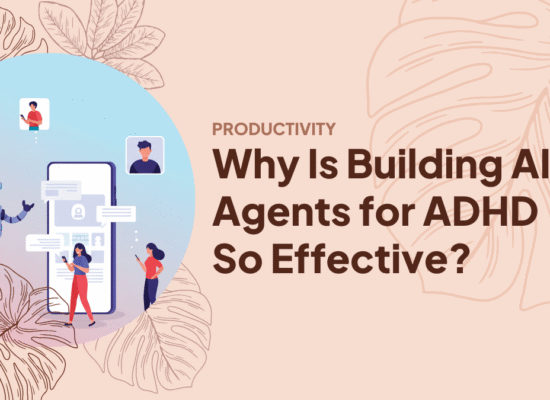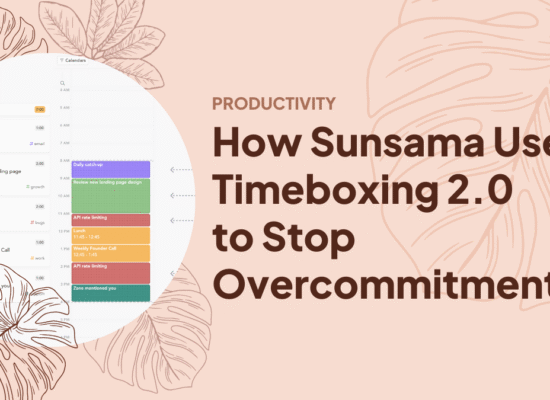Table of Contents
Colonial mentality, a deeply ingrained psychological and cultural phenomenon, continues to shape Filipino society in profound and often toxic ways. This internalized attitude of ethnic or cultural inferiority, born from centuries of colonization, manifests in various aspects of Filipino life – from personal relationships to societal norms. In this comprehensive exploration, we delve into the far-reaching impact of colonial mentality on Filipino society, examining its historical roots, identifying its toxic manifestations, and proposing strategies for breaking free from its grip.
Historical Context
The impact of colonial mentality on Filipino society stems from a complex history of foreign rule, including three distinct colonial periods:
Spanish Colonial Era (1565-1898)
The Spanish colonial period lasted for over three centuries, profoundly impacting Filipino culture, religion, and social structures. Key influences include:
- Introduction of Roman Catholicism
- Implementation of the encomienda system
- Establishment of a Spanish-based education system
American Colonial Period (1898-1946)
The American era, though shorter, left an indelible mark on Filipino society:
- Introduction of the English language and American-style education
- Implementation of democratic institutions
- Promotion of American cultural values and consumerism
Japanese Occupation (1942-1945)

During World War II, the Philippines experienced a brief but impactful period of Japanese occupation:
- Disruption of American colonial rule and promises of independence
- Implementation of the “Greater East Asia Co-Prosperity Sphere” ideology
- Severe economic hardships and human rights abuses
The Japanese occupation, while shorter than the Spanish and American colonial periods, had significant consequences:
- It resulted in widespread destruction, with cities like Manila reduced to rubble
- Approximately 500,000 Filipinos died during this period
- The occupation involved forced labor, sexual slavery (comfort women), and human experimentation on Filipinos
- It led to the formation of resistance movements and guerrilla warfare against the occupiers
The end of World War II saw the return of American forces and the subsequent granting of independence to the Philippines in 1946. However, the cumulative effects of these colonial experiences, including the Japanese occupation, have contributed to the complex colonial mentality that persists in Filipino society today.
Colonial Mentality and its Role
To fully grasp the impact of colonial mentality on toxic traits in Filipino society, it’s crucial to understand what colonial mentality means in this specific context and how it perpetuates these traits. Let’s dig deeper.
Defining Colonial Mentality in the Filipino Context
In the Filipino context, colonial mentality refers to the ingrained belief that Western culture and physical features are superior to native Filipino culture and traits. This mindset typically manifests in various aspects of life, from beauty standards to social interactions.
Common Toxic Traits in the Filipino Society (Post-Colonial Era)
Colonial mentality has given rise to several toxic traits in Filipino society:
- Colorism: The preference for lighter skin tones, often leading to discrimination and harmful skin-whitening practices.
- Linguistic Insecurity: Feeling ashamed of speaking Filipino languages or having an accent when speaking English.
- Cultural Shame: Embarrassment or rejection of traditional Filipino customs, foods, or practices in favor of Western alternatives.
- Crab Mentality: The tendency to pull down successful individuals, stemming from a sense of collective inferiority.
- Excessive Materialism: Overvaluing Western brands and products as status symbols.
- Identity Crisis: Struggling to reconcile Filipino heritage with Western influences, leading to confusion and low self-esteem.
These traits affect individual well-being and contribute to broader societal issues such as inequality, discrimination, and cultural erosion.
Modern Manifestations of Colonial Mentality
Colonial mentality continues to evolve and manifest in contemporary Filipino society in various ways:
Social Media and Beauty Standards

The rise of social media has amplified Western beauty ideals, leading to increased pressure for Filipinos to conform to these standards. This often results in:
- Excessive use of skin-whitening products
- Popularity of cosmetic procedures to achieve Eurocentric features
- Promotion of unrealistic body image standards
Language and Cultural Shame
Many Filipinos experience a loss of connection to their native language and culture:
- Parents may discourage children from speaking Filipino languages to avoid accents
- Some feel embarrassed about traditional Filipino customs or practices
- There’s often a preference for English proficiency over fluency in Filipino languages
Brain Drain and Overseas Work
The perception that opportunities abroad are inherently better contributes to:
- Ongoing exodus of skilled professionals from the Philippines
- A mindset that success is only achievable by leaving the country
- Undervaluing of local career opportunities and achievements
Cultural Representation in Media
Despite progress, there’s still a lack of authentic Filipino representation in mainstream media:
- Perpetuation of stereotypes about Filipino culture
- Underrepresentation of Filipino stories and experiences in global media
- Preference for Western or foreign content over local productions
Internalized Inferiority
Many Filipinos struggle with feelings of inferiority stemming from colonial mentality:
- Low self-esteem related to physical appearance or cultural identity
- Belief that foreign products or services are inherently superior
- Difficulty recognizing and celebrating Filipino achievements and innovations
Breaking the Cycle
To address the persistent impact of colonial mentality, we can implement several strategies:
Education Reform
- Advocate for curriculum changes that emphasize Filipino history, culture, and achievements
- Incorporate critical discussions about colonialism and its lasting effects
- Promote bilingual education to preserve Filipino languages
Media Literacy and Representation
- Encourage critical thinking skills to help Filipinos navigate and challenge Western-centric media narratives
- Support and promote Filipino-created content and media
- Advocate for more diverse and authentic representation of Filipinos in global media
Mental Health Support
- Increase access to culturally sensitive mental health resources
- Train mental health professionals to recognize and address colonial mentality
- Promote open discussions about mental health within Filipino communities
Cultural Empowerment
- Organize events and programs that celebrate Filipino heritage and achievements
- Support local businesses and artisans to promote Filipino products and craftsmanship
- Encourage the use of Filipino languages in various settings
Community Engagement
- Create spaces for Filipinos to share experiences and strategies for overcoming colonial mentality
- Develop mentorship programs that connect younger Filipinos with successful Filipino role models
- Organize workshops and seminars on decolonization and cultural pride
Economic Initiatives
- Support policies that promote local industries and innovation
- Highlight successful Filipino businesses and entrepreneurs
- Encourage investment in the Philippines’ economic development
Conclusion
We’ve explored the impact of colonial mentality on toxic traits in Filipino society, its historical context, and strategies for breaking the cycle. Addressing colonial mentality is not just an individual endeavor, but a societal imperative. Its impact is far-reaching, affecting the mental health and well-being of Filipinos. While the journey is long and fraught with challenges, there is hope for a more positive future. By acknowledging the issue and taking active steps, we can begin to change toxic family culture and build a healthier, more inclusive society.







One Comment